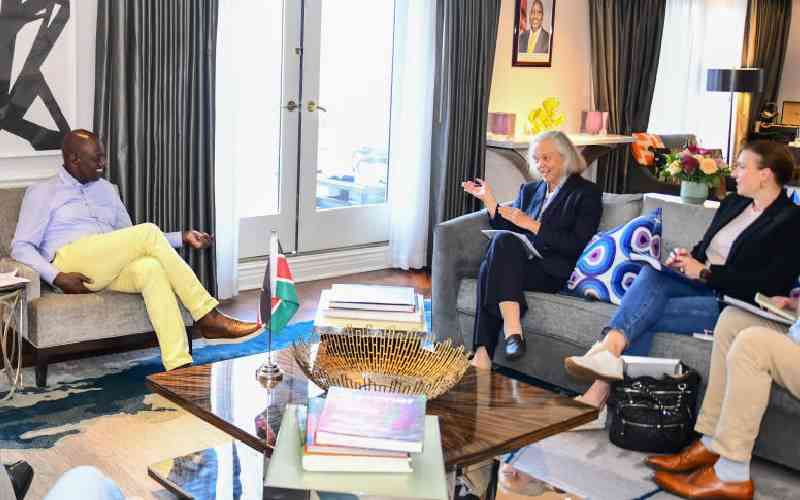×
The Standard e-Paper
Stay Informed, Even Offline

It is just over a year since President William Ruto's inauguration, and his foreign policy stance has generated interest, admiration, and criticism.
The Standard evaluates the highs and lows of his foreign policy agenda, keeping in mind that it is a complicated and dynamic area, frequently affected by a combination of campaign pledges, national interests, and the ever-evolving geopolitics.